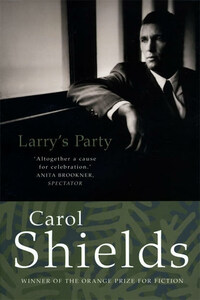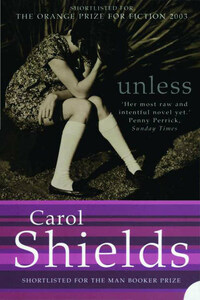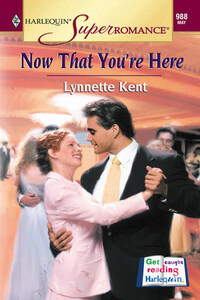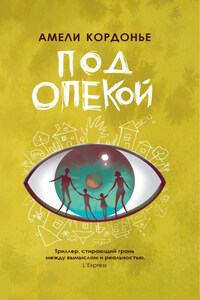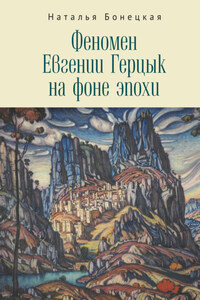I began reading Carol Shields’s books many years ago, with The Box Garden. In that novel there’s a passage that made me laugh so hard I thought I would do myself an injury. It’s the chapter describing a mother with scant taste but a lot of energy, who spends her time like a down-market and rather crazed Martha Stewart, relentlessly decorating her modest house - papering and re-papering its walls, hand-painting its lampshades, dying its scatter rugs - much to the alarm of her adolescent daughter, who never knows what new, ferocious colour the house will be when she gets home from school.
This, I thought, was not only terrific satire, but fine comedy as well. Yet when I recently read the passage again, it no longer struck me as all that funny. Now - years later, and with several demented decorating episodes of my own behind me - I found it poignant, even faintly tragic. The mother is defeated by her house, in the end. She abandons her doomed attempts to make it into a work of art. She recognizes the futility of her efforts. Time claims her. She sinks down. She gives up.
This ability to strike two such different chords at once is not only high art, it’s also the essence of Carol Shields’s writing - the iridescent, often hilarious surfaces of things, but also their ominous depths. The shimmering pleasure boat, all sails set, skimming giddily across the River Styx.
Carol Shields died on 16 July 2003 at her home in Victoria, British Columbia, after a long battle with cancer. She was sixty-eight. The enormous media coverage given to her and the sadness expressed by her many readers paid tribute to the high esteem in which she was held in her own country, but her death made the news all around the world.
Conscious as she was of the vagaries of fame and the element of chance in any fortune, she would have viewed that with a certain irony, but she would also have found it deeply pleasing. She knew about the darkness, but - both as an author and as a person - she held on to the light. ‘She was just a luminous person, and that would be important and persist even if she hadn’t written anything,’ said her friend and fellow author Alice Munro.
Earlier in her writing career, some critics mistook this quality of light in her for lightness, light-mindedness, on the general principle that comedy - a form that turns on misunderstanding and confusion, but ends in reconciliation, of however tenuous a kind - is less serious than tragedy, and that the personal life is of lesser importance than the public one. Carol Shields knew better. Human life is a mass of statistics only for statisticians: the rest of us live in a world of individuals, and most of them are not prominent. Their joys, however, are fully joyful, and their griefs are real. It was the extraordinariness of ordinary people that was Shields’s forte. She gave her material the full benefit of her large intelligence, her powers of observation, her humane wit, and her wide reading. Her books are delightful, in the original sense of the word: they are full of delights.
She understood the life of the obscure and the overlooked partly because she had lived it: her work reveals a deep sympathy with the plight of the woman novelist toiling incognito, appreciated only by an immediate circle but longing for her due. Born in 1935 in the United States, Shields was at the tail end of the post-war generation of North American college-educated women who were convinced by the mores of their time that their destiny was to get married and have five children. This Carol did; she remained a devoted mother and a constant wife throughout her life. Her husband Don was a civil engineer; they moved to Canada, beginning with Toronto in the sixties, a time of poetic ferment in that city. Carol, who was already writing then, and attended some readings, said of that time, ‘I knew no writers.’ Undoubtedly she felt relegated to that nebulous category, ‘just a housewife’, like Daisy in The Stone Diaries

